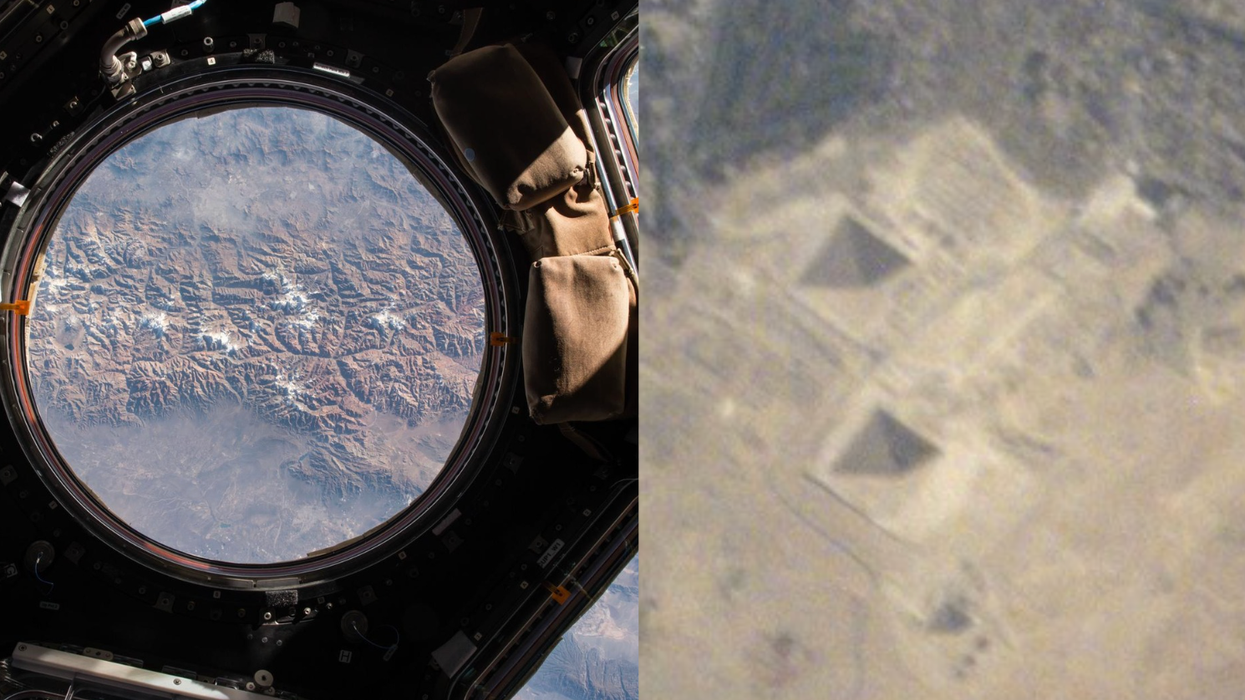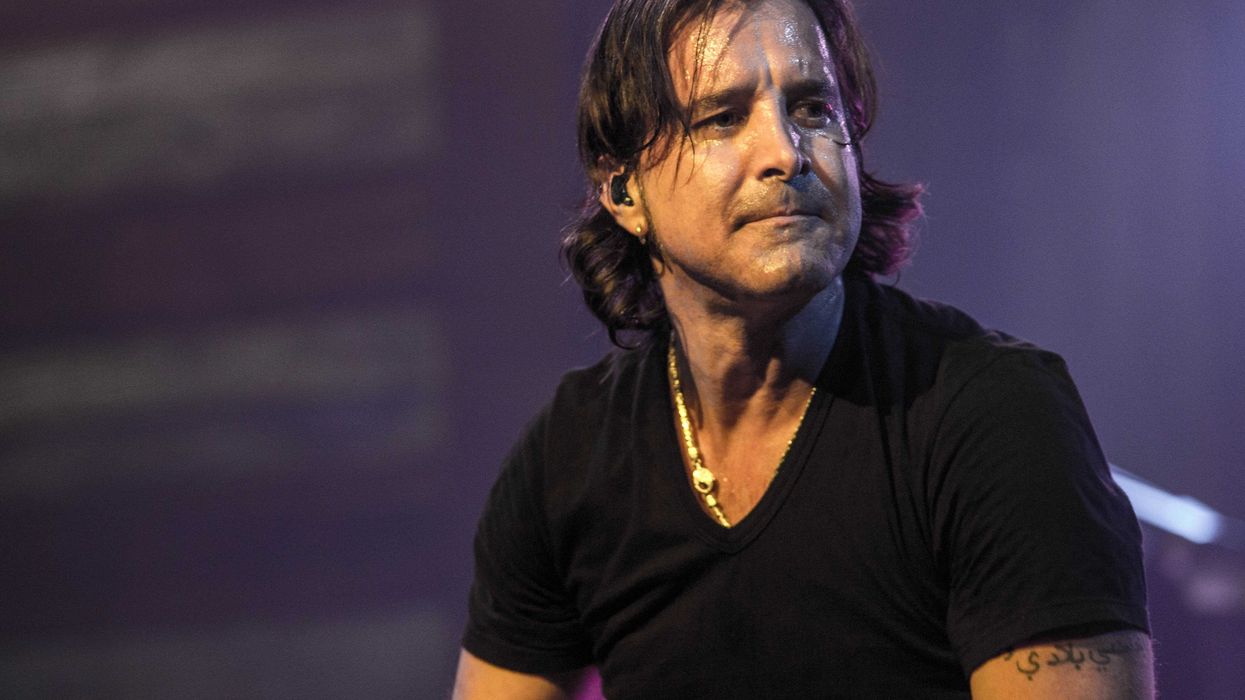It's clear as as the words on the page. There is evidence in the Koran that says that it is possible for humans to negatively affect the earth. “Corruption” it says in the Koran, “has appeared on the land and in the sea because of what the hands of humans have wrought. This is in order that we give them a taste of the consequences of their misdeeds that perhaps they will return to the path of right guidance.”
Some scholars have interpreted the first word to mean pollution. Scholar Imam Zaid Shakir has stated that earliest commentators on the Koran have described this corruption as the drying up of the rains, the disappearance of the harvest of the sea, and other ecologically relevant meanings.
Other meanings like... climate change?
There is no other faith on the planet that has such a clear and present message to humanity that our actions, our greed, and our hubris can lead to the spoiling of the planet we all have to live upon.
Modern society's over-consumption and pollution have harmed the planet, left plant and animal species in danger of extinction. Now, guided by our faith, a growing number of Muslims, inspired by the Koran and the sunnah—the example of the Prophet Muhammad—are thinking of ways to be humanist, rooted, faithful and coexist in Western and Eastern contexts. We are building a movement that addresses environmental pollution as well as social ills that cause overconsumption. It is a movement that stretches to all corners of the globe and is oriented around the radical premise that the way we treat the planet is a reflection of the way we treat ourselves.
Muslim environmentalists are the new radicals, trading guns for gardens, and passing around videos like the Story of Stuff, Anne Leonard's treatment of the life cycle of garbage, or Food Inc, the indictment of the American food industrial complex. The heroes of green Muslims aren’t fiery Imams or suicide bombers but passionate scholars with eco-sermons and halal butchers.
Just this Ramadan, a venture led by Adnan Durrani called Saffron Road has put vegetarian-fed, humanely raised, and socially responsible meals into Whole Foods—catering to a values-conscious Muslim consumer that wants to feel good about where his food came from. There are also Muslim venture capitalists investing in next-generation solar and wind technology because they are renewable “energies from heaven”—instead of nonrenewable oil and coal or “energies from hell.”
Green Muslims are relevant, they are vibrant, and they are poised to transform the way we manage water, waste, and energy. Case in point: This past July, Photovoltaic Products Plus, a company of African-American Muslims, met with the president and various government officials of the Sierra Leonian government to put in a bid to install solar-powered street lights in several parts of the country. They currently have the best priced bid and feel optimistic about the project.
In Islam, humans are stewards of the Earth who have a responsibility to take care of all creation and to leave the planet in a condition better than we found it. In Islam, the Earth is a mosque. Mosques are sacred, to be kept clean, and to be used for worship of the Creator. If the Earth is a mosque, it, too, is sacred, and must be kept clean to be used for worship. The way we treat the planet is a reflection of the way we treat ourselves. It is time for Muslims, and the rest of the 6.7 billion people people on the earth, to learn to love themselves.
Ibrahim Abdul-Matin is the Author of Green Deen: What Islam Teaches About Protecting the Planet. Find him online at the Green Deen Blog.
















 Otis knew before they did.
Otis knew before they did.